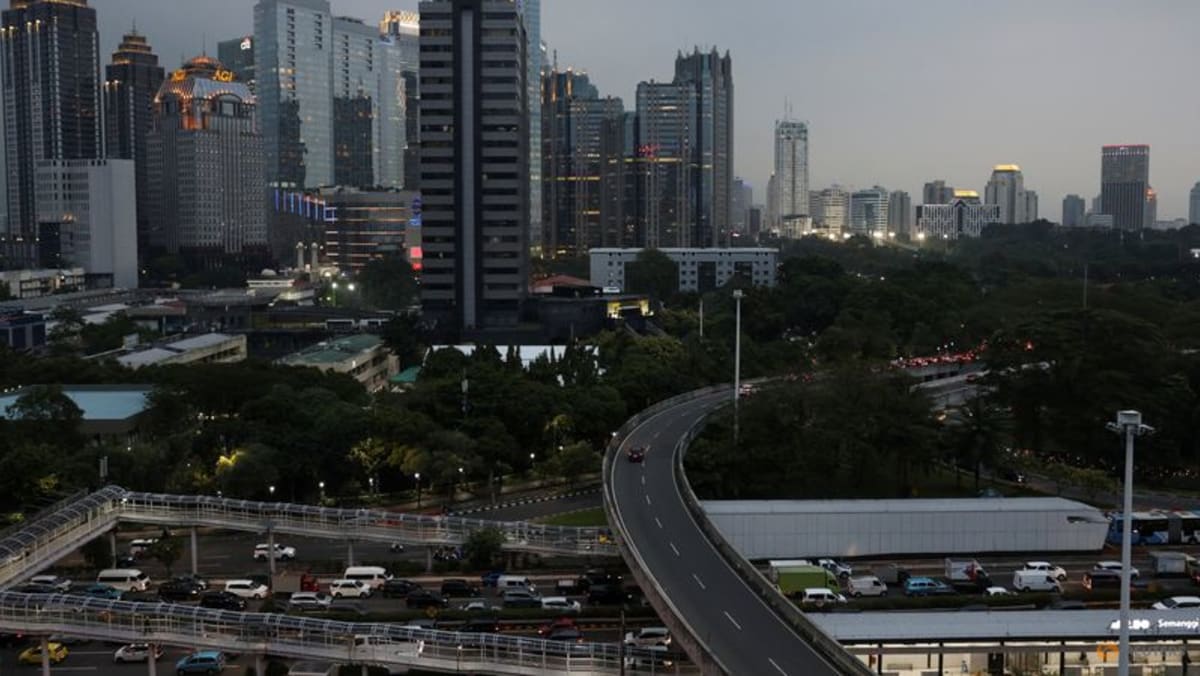Godongwana Under Fire: VAT Controversy Threatens Finance Minister's Position

South Africa's Finance Minister, Enoch Godongwana, is facing mounting pressure and scrutiny following a recent and significant controversy surrounding Value Added Tax (VAT). The backlash, triggered by a perceived misstep in policy communication and potential implications for the economy, has led to widespread calls for accountability, with some suggesting his position is now precarious.
The situation escalated rapidly after reports emerged questioning the government's handling of VAT regulations. Concerns were raised about the clarity of announcements and the potential for unintended consequences impacting businesses and consumers. This confusion sparked public outcry and fueled criticism from various sectors, including the opposition and economic analysts.
Dawie Roodt, the chief economist at Efficient Group, has been particularly vocal, stating that Godongwana’s position is “on the block” as a direct result of this VAT debacle. Roodt’s assessment underscores the seriousness of the situation and highlights the potential for significant political ramifications.
The VAT Controversy: A Breakdown
To understand the depth of the crisis, it’s crucial to examine the sequence of events. Initially, there was confusion surrounding proposed changes to VAT rates on certain goods and services. The lack of clear communication from the National Treasury exacerbated the problem, leading to uncertainty among businesses and consumers about what to expect. While the government has since attempted to clarify the situation, the damage to public trust has already been done.
Economic Implications and Potential Fallout
The VAT controversy isn’t just a political issue; it carries significant economic implications. Uncertainty surrounding tax policies can deter investment, disrupt business planning, and ultimately hinder economic growth. Businesses may delay expansion plans or even consider relocating to more stable economic environments. Consumers, facing unpredictable tax burdens, may curtail spending, further dampening economic activity.
Furthermore, the incident has eroded confidence in the government's ability to manage the economy effectively. This loss of confidence can impact investor sentiment and potentially lead to a downgrade of South Africa's credit rating, increasing borrowing costs and hindering the country's ability to attract foreign investment.
Godongwana's Response and Future Prospects
Godongwana has attempted to address the concerns, issuing statements and engaging in discussions with stakeholders. However, the criticism remains intense, and the calls for his resignation haven't subsided. The coming weeks will be crucial in determining whether he can weather this storm and retain his position.
The situation serves as a stark reminder of the importance of clear communication and sound economic policy in maintaining public trust and fostering a stable economic environment. The VAT controversy has not only jeopardized Godongwana’s position but also highlighted vulnerabilities in the government’s approach to economic management. The outcome of this crisis will have far-reaching consequences for South Africa’s economic future.
Looking Ahead: Lessons Learned
Regardless of the ultimate outcome, this episode offers valuable lessons for policymakers. Greater transparency, proactive communication, and a more consultative approach to policy formulation are essential to avoid similar crises in the future. The government must prioritize rebuilding trust with businesses and consumers, demonstrating a commitment to sound economic management and predictable policy frameworks.






